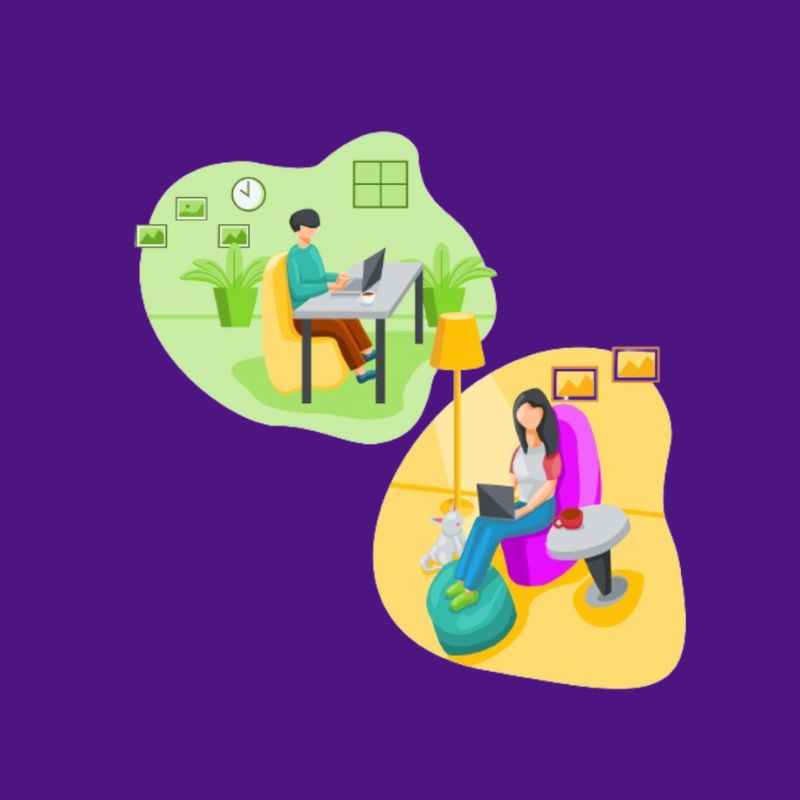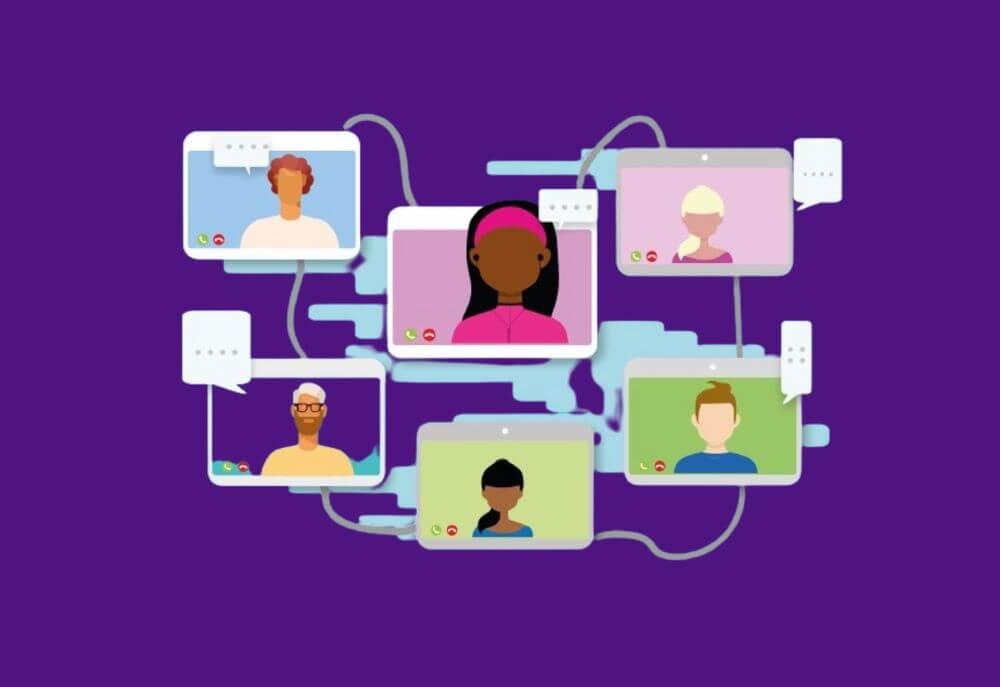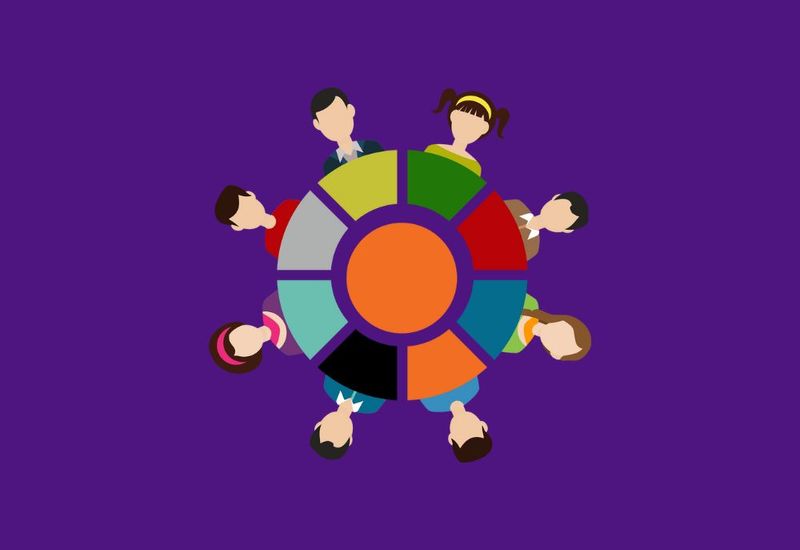Improving work performance is crucial for both personal and professional growth.
By focusing on key strategies and integrating effective habits, employees can significantly enhance their productivity and contribute more effectively to their teams.
Here are the top three ways to improve work performance, along with practical tips and insights.
1. Seek Constructive Feedback
One of the most effective ways to improve work performance is by seeking constructive feedback.
Feedback provides valuable insights into your strengths and weaknesses, allowing you to identify areas for improvement and capitalize on your strengths.
How to Implement Constructive Feedback:
- Identify Feedback Areas: Decide on specific skills or areas where you want feedback. These can be both soft skills (like communication and teamwork) and hard skills (such as technical abilities or project management).
- Choose the Right People: Select colleagues or supervisors who are familiar with your work and can provide detailed, honest feedback.
- Prepare Questions: Frame specific questions that will help you gain actionable insights. For instance, ask about areas where you can improve or seek suggestions for professional development.
- Take Notes and Reflect: Document the feedback and reflect on it to develop a clear plan for improvement. Set milestones to track your progress.
- Act and Follow-Up: Implement the feedback and regularly follow up to assess your progress and make necessary adjustments.
2. Improve Time Management and Set Milestones
Effective time management is essential for maintaining high productivity levels.
By organizing your tasks, setting clear goals, and prioritizing your workload, you can ensure that you are working efficiently and effectively.
Strategies for Better Time Management:
- Schedule Focus Time: Block out specific periods in your calendar for deep work without interruptions. Inform your team about your focus hours to minimize distractions.
- Use Task Management Tools: Utilize tools like task lists, project management software, and time-tracking apps to organize your tasks and monitor your progress.
- Set Milestones: Break down larger projects into smaller, manageable tasks with clear deadlines. This helps in maintaining motivation and tracking progress.
- Prioritize Tasks: Use methods like the Eisenhower Matrix to categorize tasks based on urgency and importance. Focus on completing high-priority tasks first.
3. Foster Professional Development and Delegate Tasks
Continuous learning and skill development are critical for long-term career growth.
Additionally, learning to delegate tasks effectively can enhance your productivity and allow you to focus on more strategic activities.
Tips for Professional Development:
- Set Learning Goals: Identify new skills you want to acquire and set specific goals for learning them. This could involve taking online courses, attending workshops, or reading relevant books.
- Create a Development Plan: Outline a plan that includes the resources you need, a timeline, and measurable outcomes. Regularly review and adjust your plan as you progress.
- Seek Mentorship: Find a mentor who can guide you through your professional development journey. A mentor can provide valuable insights, feedback, and support.
Delegating Tasks:
- Identify Delegatable Tasks: Determine which tasks can be delegated to others, freeing up your time for more critical activities. Look for tasks that are routine, time-consuming, or can be handled by team members with specific expertise.
- Choose the Right People: Delegate tasks to team members who have the skills and capacity to handle them effectively. Provide clear instructions and support to ensure successful completion.
- Monitor Progress: Regularly check in on the progress of delegated tasks to ensure they are on track and to offer assistance if needed.
Additional Tips for Improving Work Performance
- Effective Communication: Develop strong communication skills to interact more effectively with colleagues and clients. Clear and concise communication helps prevent misunderstandings and fosters a collaborative work environment.
- Optimize Work Environment: Create a workspace that minimizes distractions and promotes focus. This could involve organizing your desk, adjusting lighting, or finding a quiet place to work.
- Take Short Breaks: Regular breaks can help maintain high levels of productivity and prevent burnout. Use techniques like the Pomodoro Technique to balance work and rest periods.
- Embrace Automation: Use automation tools to streamline repetitive tasks, allowing you to focus on more complex and strategic activities. This can significantly enhance efficiency and reduce the risk of errors.
Conclusion
Improving work performance requires a multifaceted approach that combines seeking constructive feedback, effective time management, fostering professional development, and delegating tasks.
By integrating these strategies with additional best practices, employees can significantly enhance their productivity and contribute more effectively to their teams and organizations.
By incorporating these strategies into your daily routine, you can significantly improve your work performance and achieve greater success in your professional endeavors.



